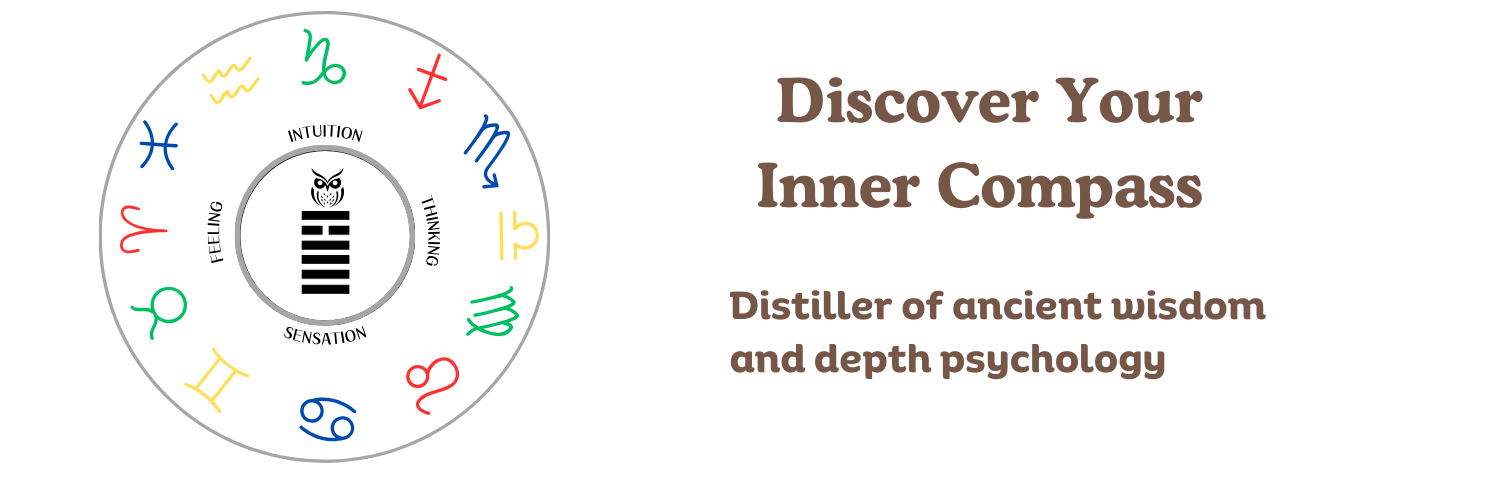A day of maximum hope and 1% improvement
Yesterday was the winter solstice and I’m starting to view it as my favorite day of the year.
Santa rode past our house last night on a vintage fire truck, which added to the cheer.

It’s the day with the least amount of light; then we get approximately one more minute of daylight each day for the next six months until the summer solstice.
It reminds me of what one often hears from the self-help crowd: try to get 1% better every day in whatever you are working on. It is now Capricorn season, and that concept seems fitting, as Capricorn is about building things that last, which requires steady improvement.
Which brings us to our winter solstice hexagram: Hexagram 10: Treading (Conduct) of the I Ching.
It symbolizes the need for cautious progress and conducting oneself with dignity. The commentary says one should step forward with great care, as if treading near a tiger’s tail. I’ve accidentally stepped on a cat’s tail a time or two and, based on the cat’s reaction, know how important it is to tread carefully!
It’s a time of year when we start thinking about resolutions or goals for the year ahead. I go through my journal from the previous year and note the highs and lows and see what I can do to have more of those highs in the next year.
These wise words from Liz Greene are good to keep in mind while Treading or trying to making improvements:
I think you must take what you are, appreciate it, and make the most of it. Any “improvements” we try to make on ourselves need to be made from a place of self-acceptance and self-appreciation. Otherwise they may represent a compulsive attempt to fulfill others’ expectations or an idealised image of perfection, and are therefore inauthentic and ultimately useless.
Wishing you a happy solstice and happy holidays!
______
Schedule an Astrology Consultation | Subscribe to the Monthly Depth Books Newsletter | Get Blog Posts by Email | Contact Me
References:
I Ching or Book of Changes translated by Richard Wilhelm
The Art of Stealing Fire by Liz Greene










